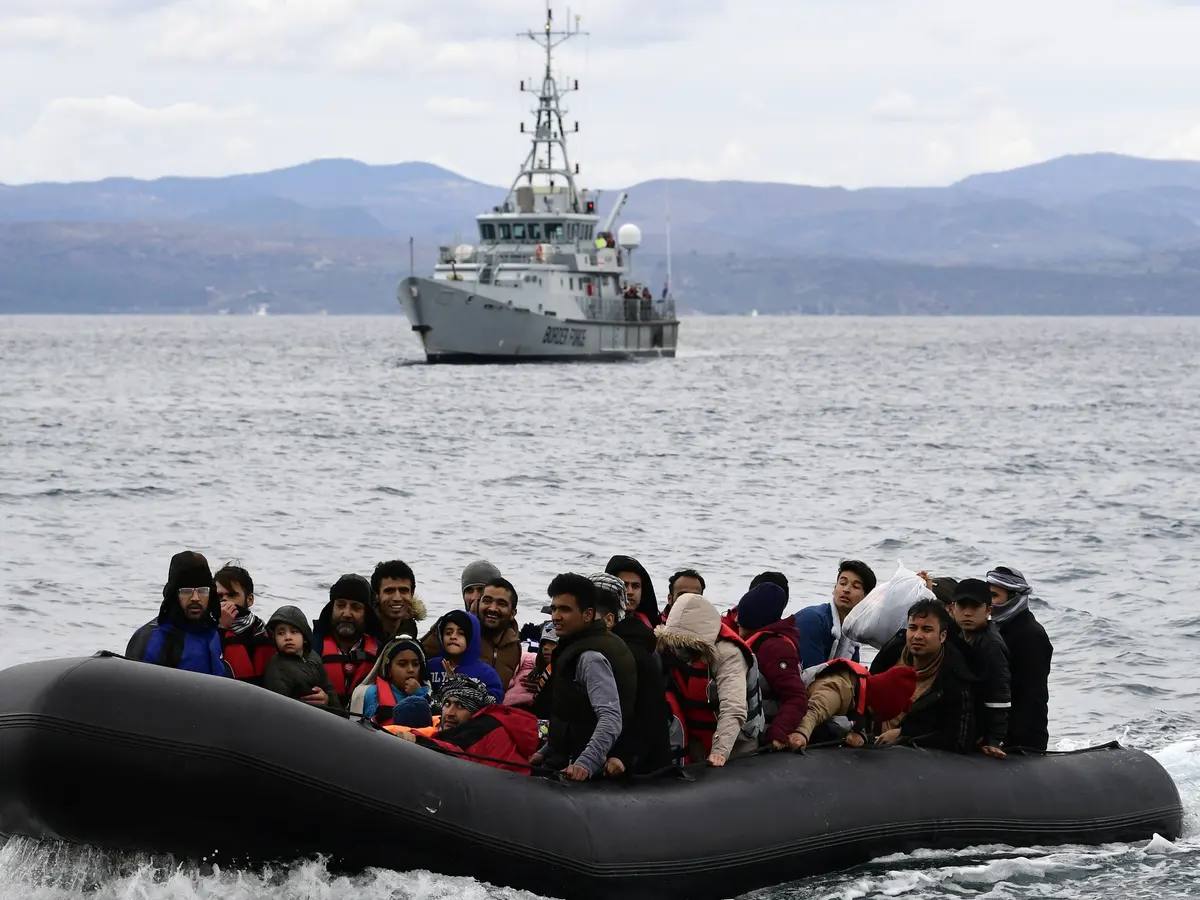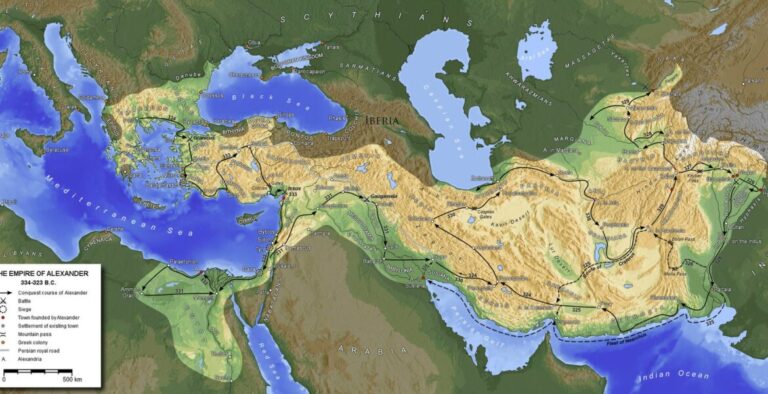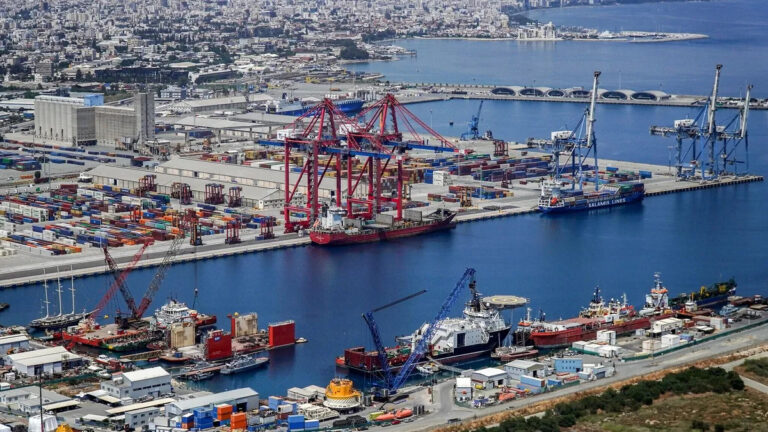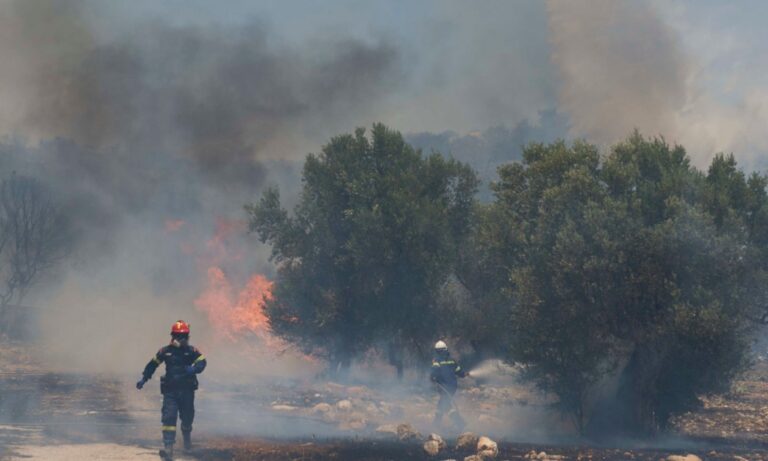Man who has lost landmark case against Frontex says family’s ordeal has had a huge impact
A Syrian man who fled the civil war in 2016 and ended up being deported by the EU border protection agency instead of having an asylum application processed has spoken of the trauma his young family experienced at the hands of officials in Greece.
On Wednesday, the man – who has asked for anonymity – lost a landmark case against Frontex, which in 2016 had chartered a plane to take him from Greece to be settled in a refugee camp in Turkey.
Speaking about the distress of using people smugglers to reach Greece, his deportation to Turkey, and then moving on to Iraq, where he now lives, the man said the events of seven years ago had had a huge impact on his family.
He said life in Iraq was very difficult for his children. “I notice that my daughter forgets what she learns in school. I don’t know if that is the impact of what happened but it is not good,” he said.
He had “a good life” in Syria before the war, with three shops and a small clothing manufacturing business in Aleppo, and he said he undertook the treacherous journey to Europe to find a “good future for my children”.
The family paid $13,000 (£10,400) to people smugglers and expected to go to Italy, as they had heard that Greece was not the best place to make an asylum claim. Instead, they landed on Milos and were taken to Leros, near the Turkish coast, and then on to Kos, where they were taken to a building in an airport. There they were approached by guards and told to follow them.
“I saw people with uniforms with ‘Frontex’ on them. At that point I didn’t even know who Frontex was,” the man said. They separated him and his wife and their four children, then aged one, two, five and six.
They were bundled on to a plane with no information as to where they were going and instructed not to talk to any of the 20 to 25 officials his lawyer says were onboard to guard them. The man said he and his wife were made to sit separately and not next to their terrified children.
“I was scared, afraid. I couldn’t see my wife or children. I was wondering where were they taking them. When I tried to ask one of the others on the plane what was happening, I was told not to talk to anyone,” the man said.
“Then when I tried to open my phone to see if I could see the GPRS, they said: ‘No, you can’t look at it’.” The one-year-old was separated from the mother until the child, who needed feeding, became hysterical, he said.
The man’s lawyer, Lisa-Marie Komp, who works with the Amsterdam-based firm Prakken d’Oliveira, claimed that deporting the family 11 days after they had arrived in Greece without applying due process under the internationally agreed asylum procedures was illegal.
“By separating children from their parents during the flight, Frontex also violated the rights of the child,” she said.
After a three-year battle to get files on the case from Frontex, his lawyers confirmed that the border agency had chartered a plane to fly the family to Turkey, where they were placed in the Osmaniye refugee camp.
“My client feels cheated and defrauded by officials in Greece. He thought he was going to be taken to the mainland and instead of that ended up in a Turkish detention centre,” said another of his lawyers, Flip Schuller.
On Wednesday, the European court of justice dismissed the man’s claim, noting that Frontex was not responsible for asylum processes.
Responding to the judgment, Frontex said that while it could not “assess the merits of return decisions”, it would “continue to put in place more safeguards to make sure that the rights of all people involved are fully respected”.
The man’s case was supported by the Dutch Council for Refugees, and the outcome will be seen as a precedent for any other cases of so-called “pushbacks” in Greece and other parts of the Mediterranean.
Earlier this year, EU authorities called on Greece to conduct an independent investigation into video footage that purportedly showed the forced expulsion of asylum seekers from its territory.
The Syrian man said he was shocked when he was taken off the plane and saw Turkish flags. The family were taken to a refugee camp, where they stayed in a caravan with broken windows and had no access medical care for the children, one of whom has asthma.
“It was horrible. My children were sick. There was a clinic there, just a small room, but when my child’s asthma got worse all they gave us were tablets for headaches,” he said.
To compound matters, the family feared they would be deported from Turkey as papers they had acquired during the initial transit were no longer valid. Again they turned to people smugglers and this time they opted to go to Iraq.
“It took three days to make the journey to the Iraq border, including a four-hour trek with the baby and small children across the mountains in snow and icy weather,” he said.
Of his situation now, he said: “Life is very difficult. The reason I left my country was to find a good future for my children but that does not exist in Iraq.
“I want Frontex to pay for their mistake, especially because I don’t want what happened to me to happen to anyone else.”
Source: The Guardian







